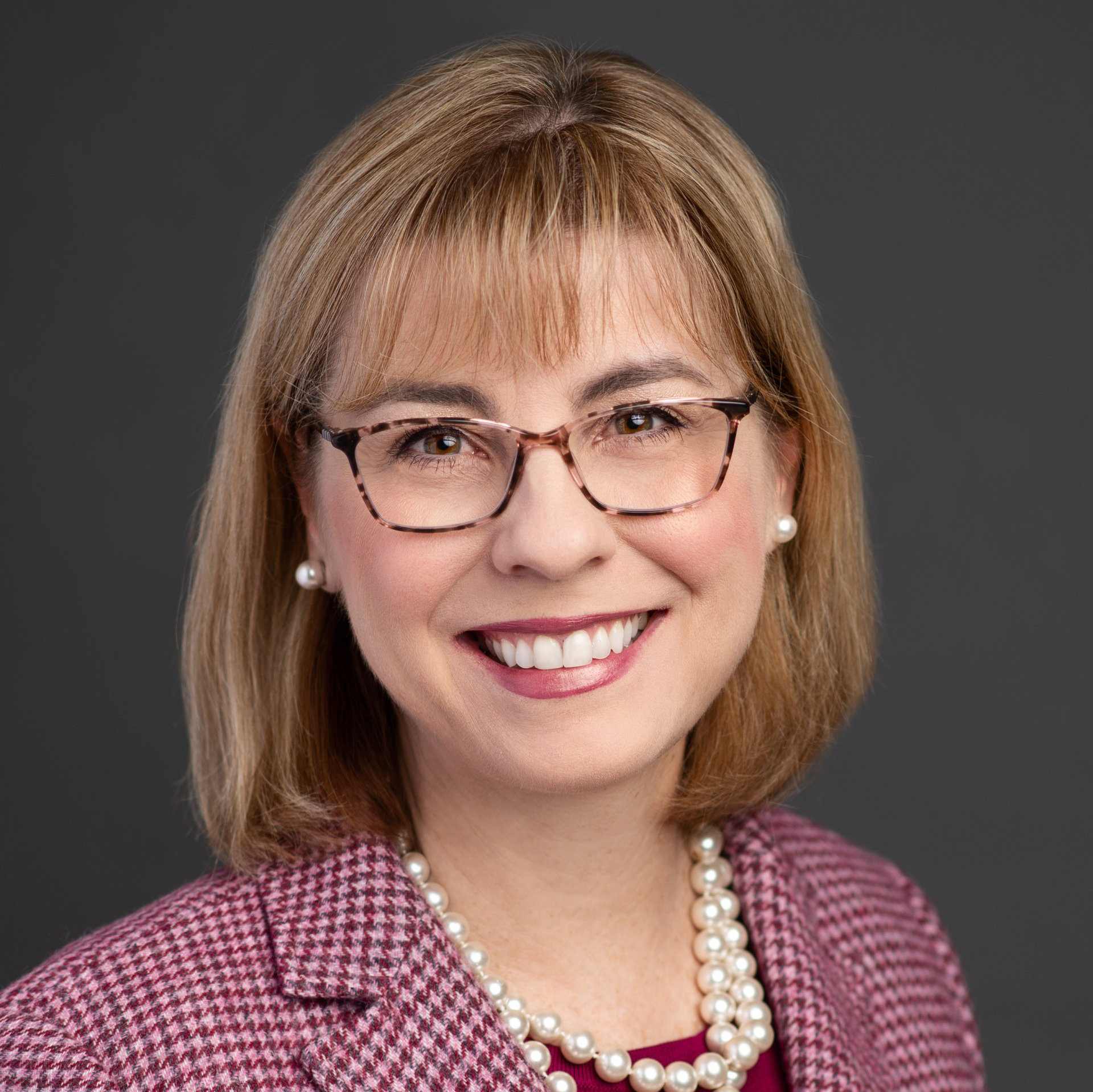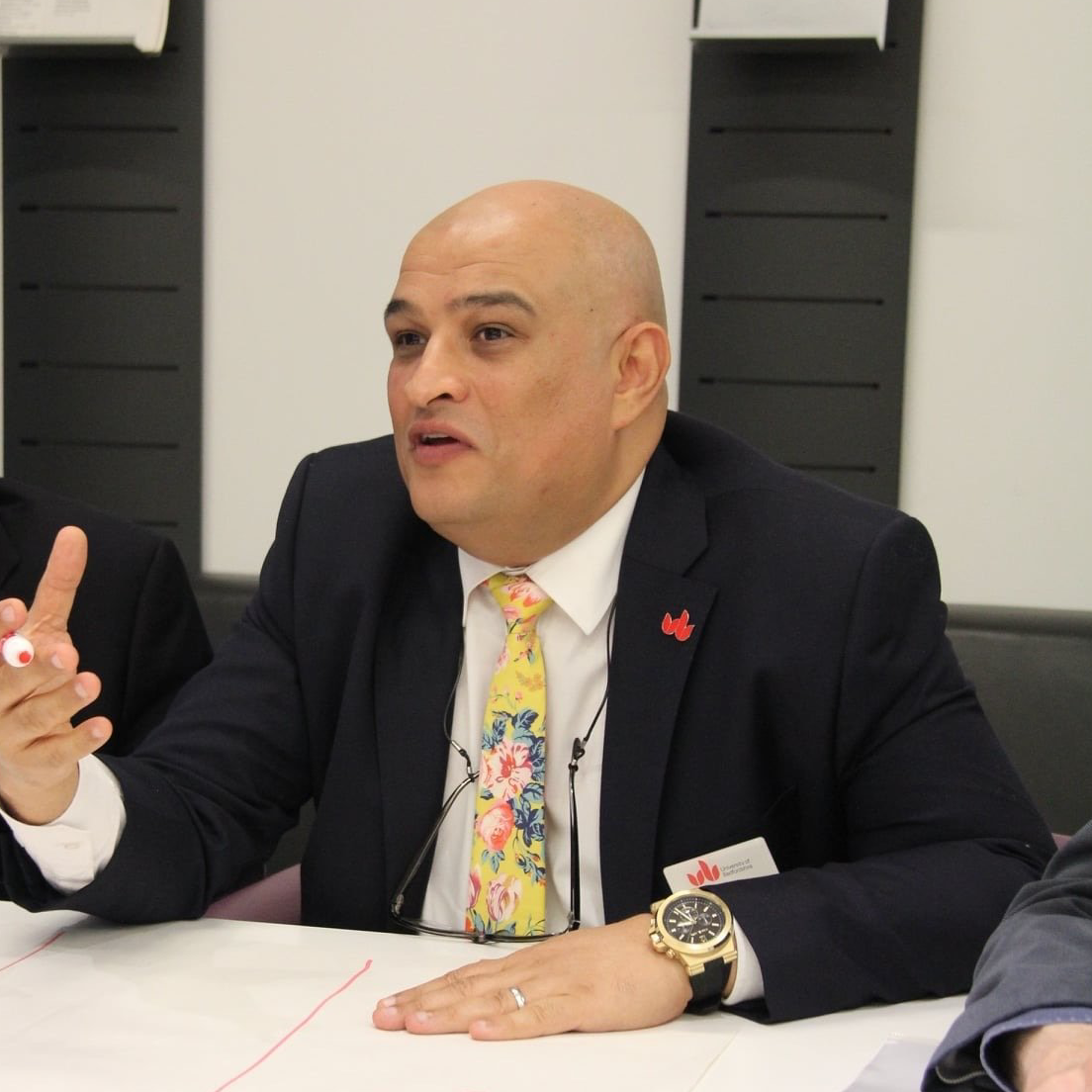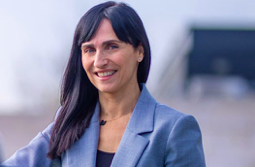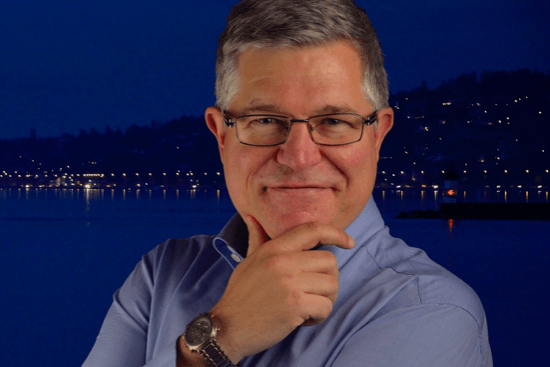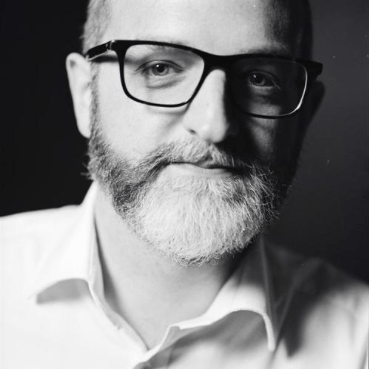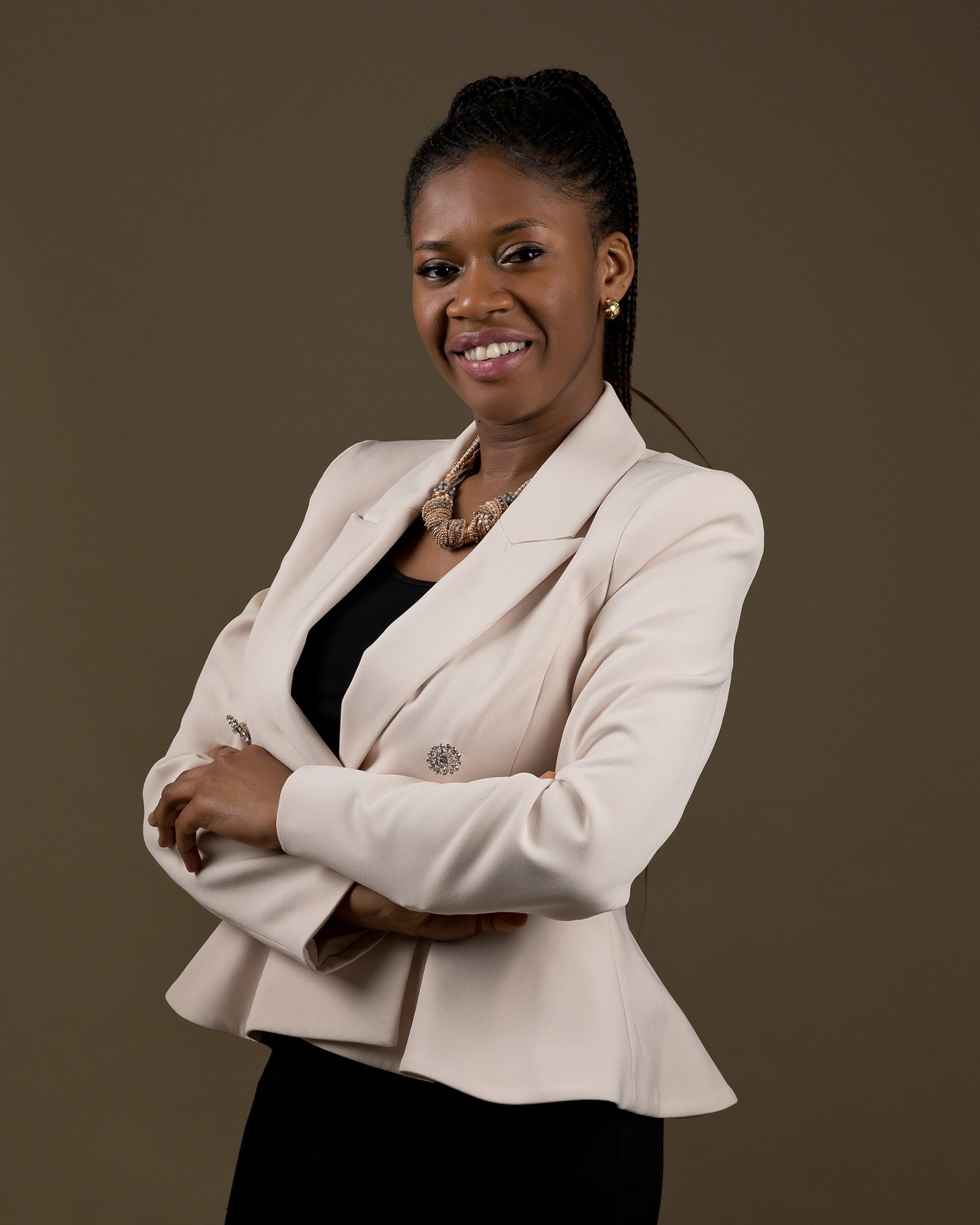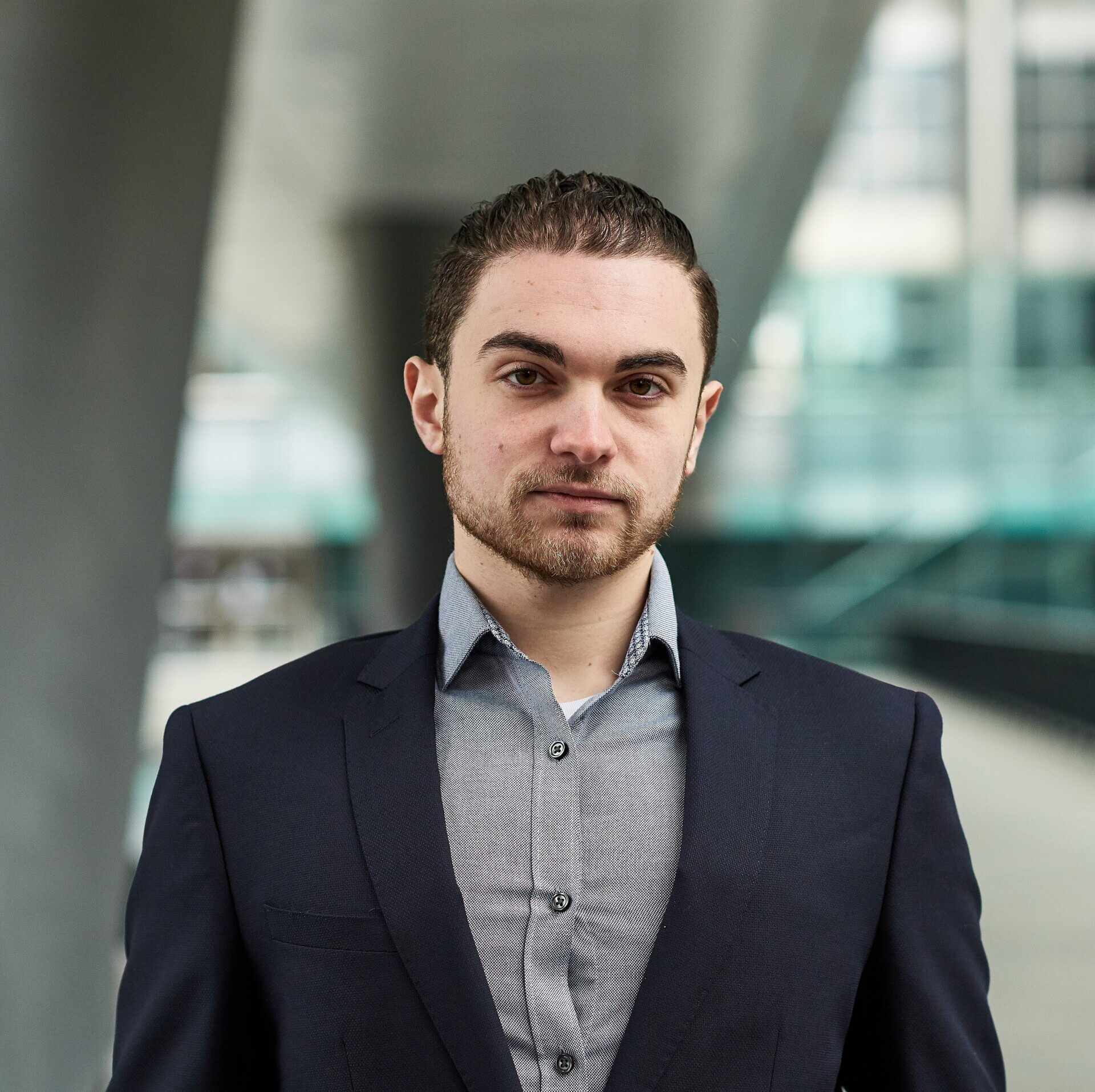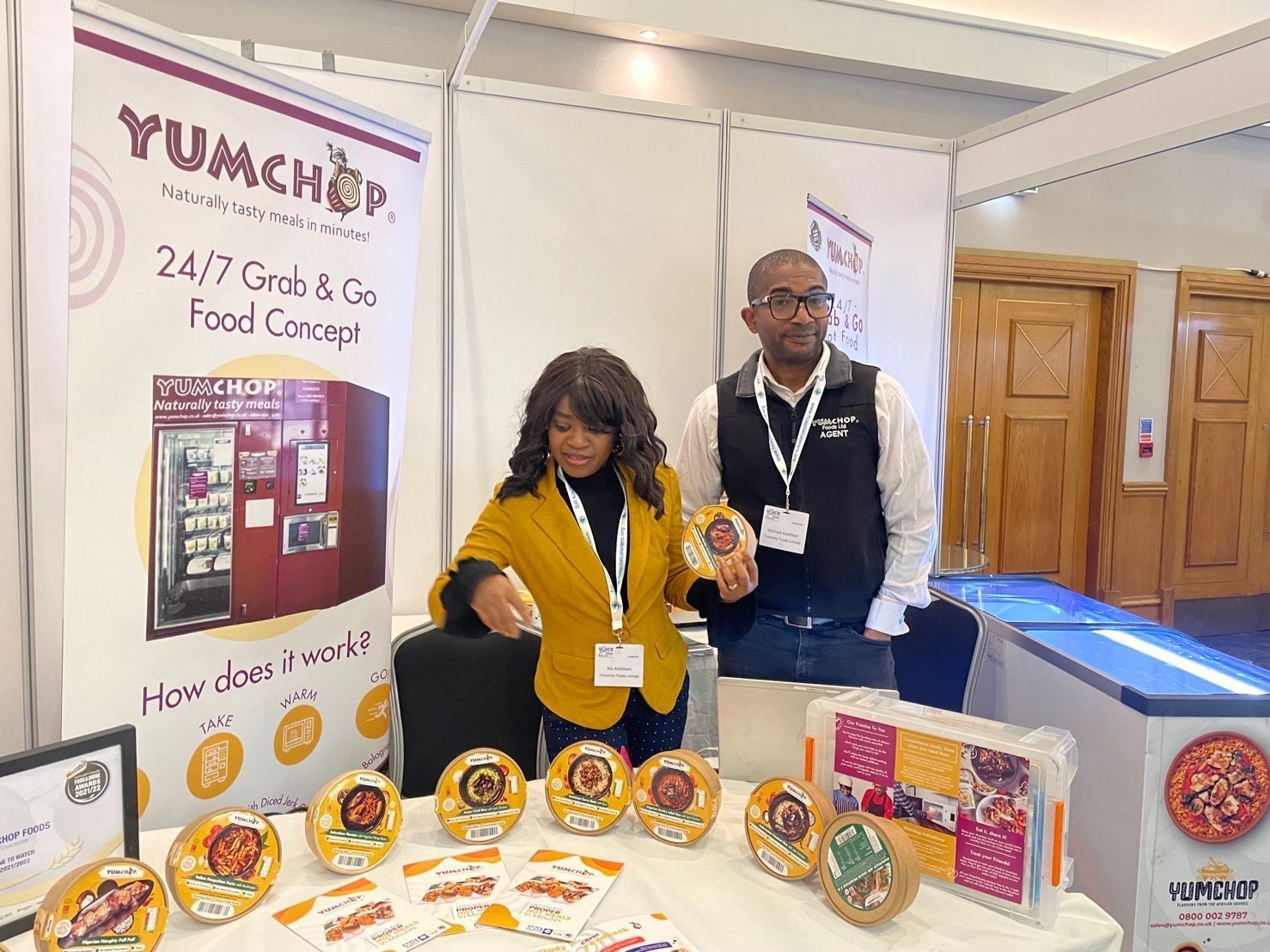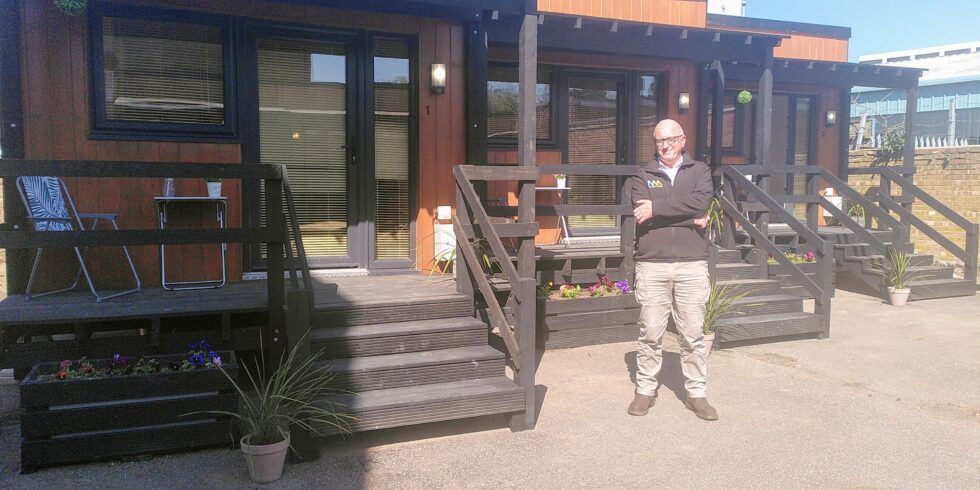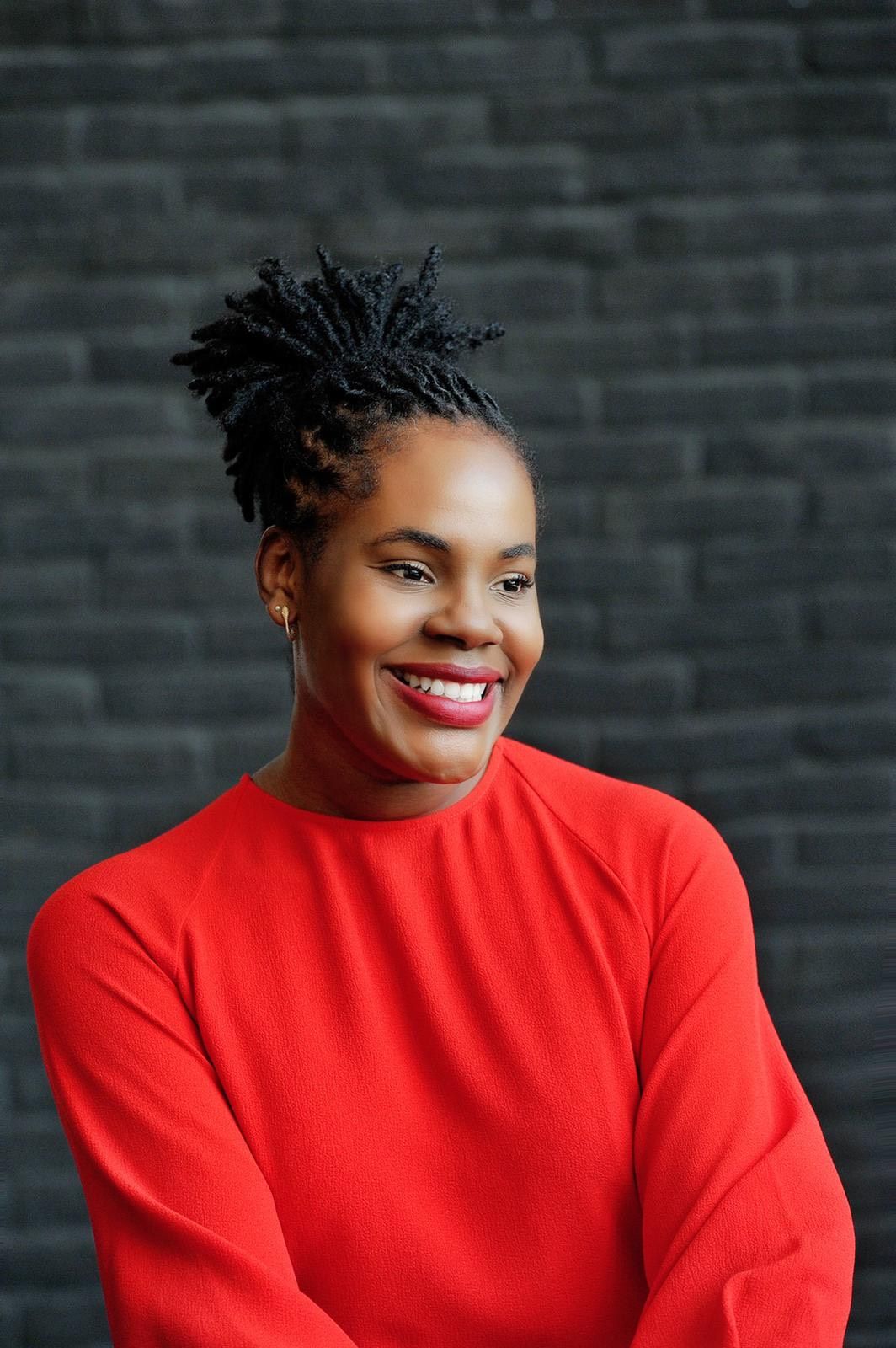The Global Roundtable Event; A summary
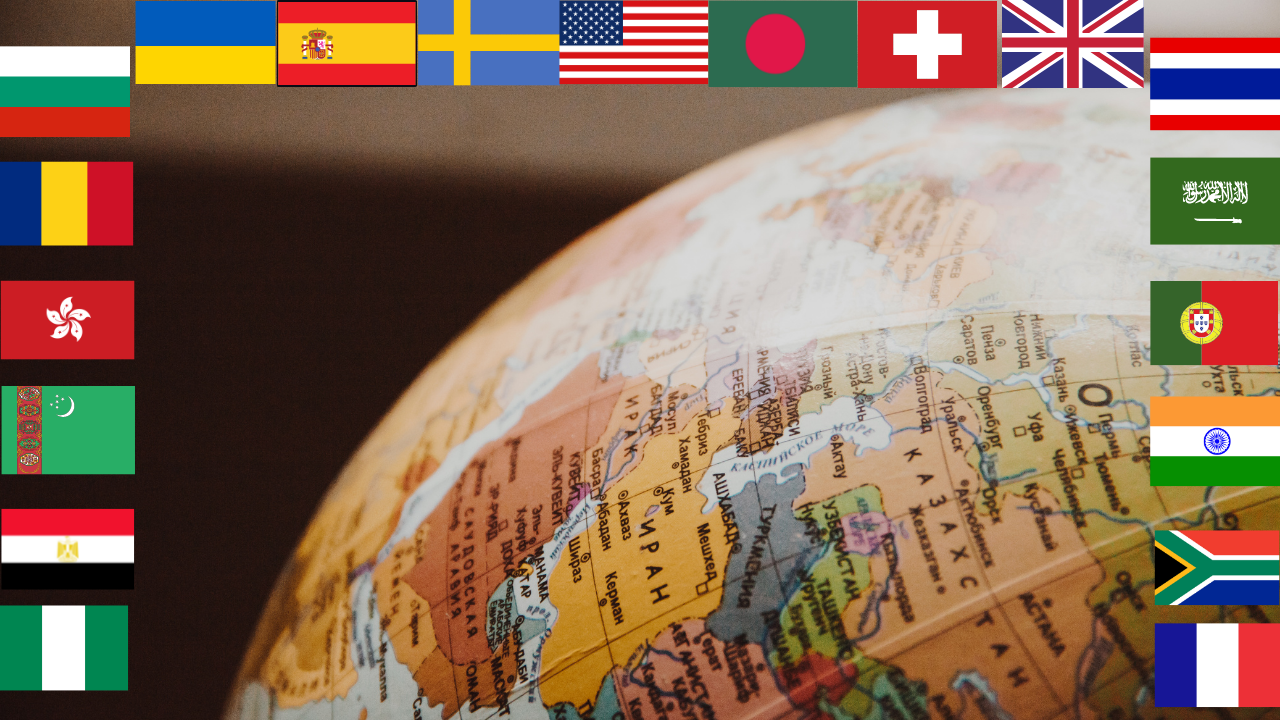
On a sunny September evening in the UK, we hosted a virtual global roundtable event which attracted attendees from nineteen countries across four continents: Africa, Asia, Europe, and North America. The intention for this event was to share global best practices on advancing the cause of entrepreneurship. For this we looked at several pressing topics within the filed namely access to entrepreneurial finance, gender, and its implication for raising finance, mentorship, access to entrepreneurship education and expanding globally.
The event was moderated by Winifred Soribe and Dr Mohamed Saeudy, both form the University of Bedfordshire in the UK.
The wealth of knowledge within the panel leading these discussions was second to none; from leaders of public institutions; Dr Rebecca Corbin of NACCE and Dr Luisa Alemany of London Business School Mandy Sanghera an advisor to the UN to charities with Timothy Barnes of NACUE and private organisations represented by Seven Jacobs of StartrHub and Johan Franzén of Entnest, everyone at the event certainly had something to take home.
The first round of discussions centred on access to finance; The European pessimism, and American Optimism – differences in culture. It kicked off with a poll asking which country ranked highest in access to entrepreneurial finance according to GEM data, the UK came in first place. Dr Corbin and Dr Luisa approached this from an educational context where basic training on key business financial metrics helped entrepreneurs understand types of financing available to them and how best to access it (GEM 20/21 can be found here).
Dr Corbin – “If there isn’t a deep knowledge of finance and it doesn’t have to be a complicated one, you don’t need to be an accountant or have an accounting degree but you have to have the right tools and resources...wherever you are on the continuum, having more tools as NACCE does through our partnership with Intuit that provides no cost QuickBooks to aspiring entrepreneurs, that’s where the conversation really begins, I think that’s where we can make the greatest impact”. This deep financial knowledge can also be introduced to students at a very a young age according to Dr Luisa so that potential entrepreneurs begin to think in terms of costs, profit, and loss etc.
Other panellists agreed on the cultural different between these two continents with Tim highlighting “irrational exuberance” common to the American investors and “Undue pessimism” popular amongst European investors. These differences he said strongly affects how finance is raised; thus it's advisable that entrepreneurs seek finance within countries and cultures they are conversant with.
Gender and its implication for raising finance was next on the agenda with all panellists agreeing there were some disparities in accessing finance which were not only triggered by gender but also by socio-economic differences according to Dr Corbin. Mandy and Seven stressed that the pandemic had created an uneven playing ground for women and young people. Intent on the other hand was identified by Dr Luisa and Tim as affecting the amount of monies raised by female entrepreneurs as they sometimes do not seek to start large corporations and thus may not need large financial resources.
Dr Luisa also provided some interesting alternative insights from Kanze et al., (2020) which identifies that women are asked prevention questions by investors which puts them at a disadvantage while men are asked promotion questions by investors which puts them at an advantage - you can read more here. She further went on to highlight how industry affiliations also adversely impacts women’s access to finance – you can read more here.
The consensus from this round as suggested by Johan was “Entrepreneurship first” thus by focusing on advancing entrepreneurship globally, we can develop best practices and policies that bridge this gap.
We then moved onto the discussion on Mentorship with the moderator Winifred highlighting that it’s becoming quite popular to have a mentor on your entrepreneurial journey as she currently mentors on Nasdaq’s mentor makers in the U.S and Founder and Mentors in the UK. Dr Corbin got the ball rolling by stating that mentors play an invaluable role in their mentees’ life, something all panellists agreed on; however, Seven and Mandy highlighted the need to know the difference between coaching and mentoring as the former relates paid support while the latter relates to philanthropic support. Researching potential mentors before approaching them to ensure synergies between both parties was suggested by Tim and Johan.
The entrepreneurship education topic was introduced by Dr Mohamed Saeudy, one of the moderators of the event. The focus was on how to embed entrepreneurial mindset into the educational system; Dr Corbin started off with integrating entrepreneurial skills such as resilience and creativity in a “cross disciplinary fashion” so that people approach their calling in life with a sense of agency. Dr “Luisa built upon this by highlighting how education serves as a transformative tool in changing culture of a people. Thus, to have a more entrepreneurial focused societies, we must think of ways to develop educational structures not only within the field of academia but also through philanthropic initiatives as stated by Tim and Johan. Mandy and Seven also highlighted the need for more dynamic forms of education other than the conventional university structure prevalent in the west.
The final line of discussion focused on business environment and its impact on entrepreneurship survival rate. Large numbers of businesses have been registered since the pandemic started; however, 50% - 60% of them do not survive. Dr Corbin and Mandy suggested that government policies and proper education can minimise the failure rate.
Dr Corbin gave the final remarks where she encouraged everyone to be “audacious like Winifred” who reached out to her on LinkedIn about this roundtable event, a skill that can advance entrepreneurship globally. She also invited everyone to join NACCE at their annual conference scheduled for 3rd - 6th October, if you haven't already registered, you can register to attend
here.
Our attendees left us with some positive comments indicative of their time spent with us:
“Very insightful discussions on entrepreneurial finance. All speakers were experts in the field but at the same time eminently approachable”
“Great exchange of information and comparison of different approaches by country. Please keep these global workshops going! These interactions improve knowledge of entrepreneurial education and resources around the world.”
“Panellists were awesome.”
“Great presentations, highly useful content and excellent facilitation of the event - thanks a lot! Look forward to attending a follow-up event.”
“Very insightful discussion, I really enjoyed the brilliant points made. I look forward to future conversations, organizers can maybe consider African perspective, and also developed/developing country dimensions.”
From the organisers and sponsors – NACCE, NACUE, University of Bedfordshire , William Factory Small Business Incubator and Winifred Soribe Consult we would like to say be audacious and change the world! See you next year.


